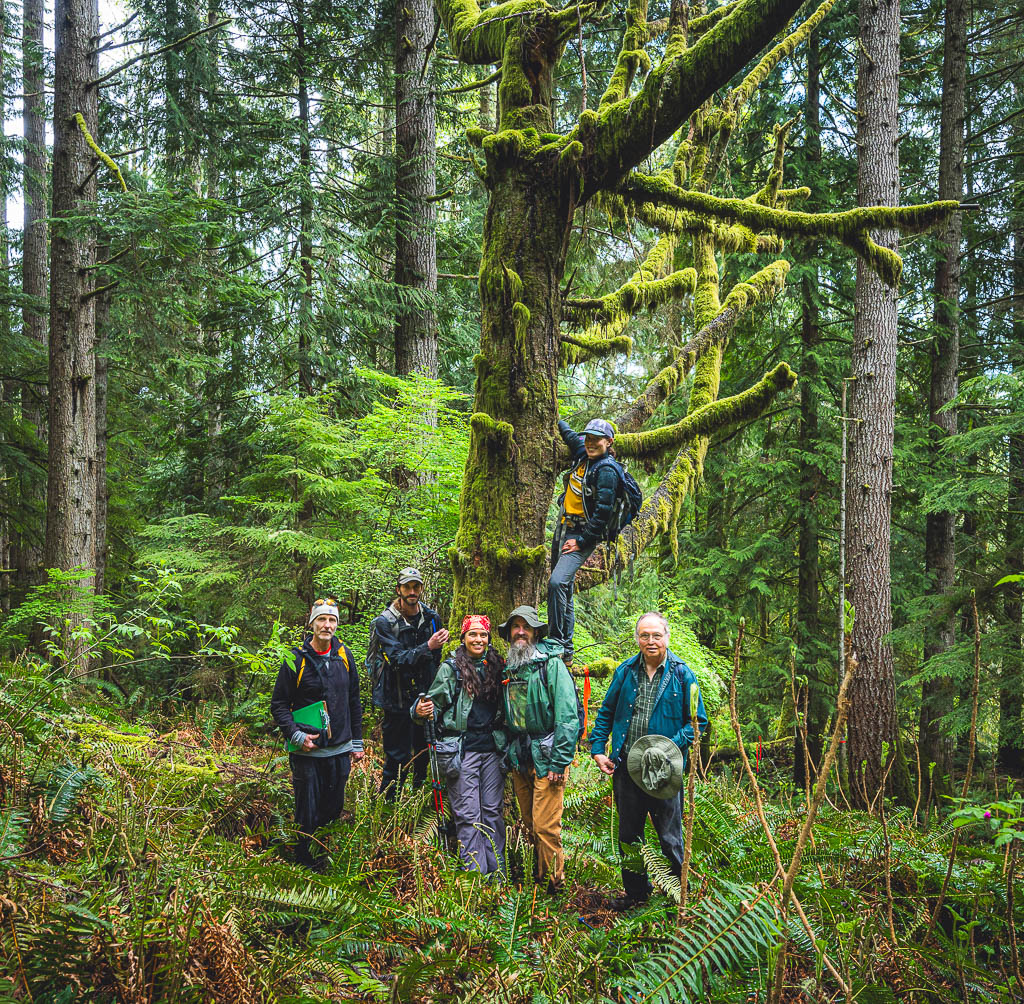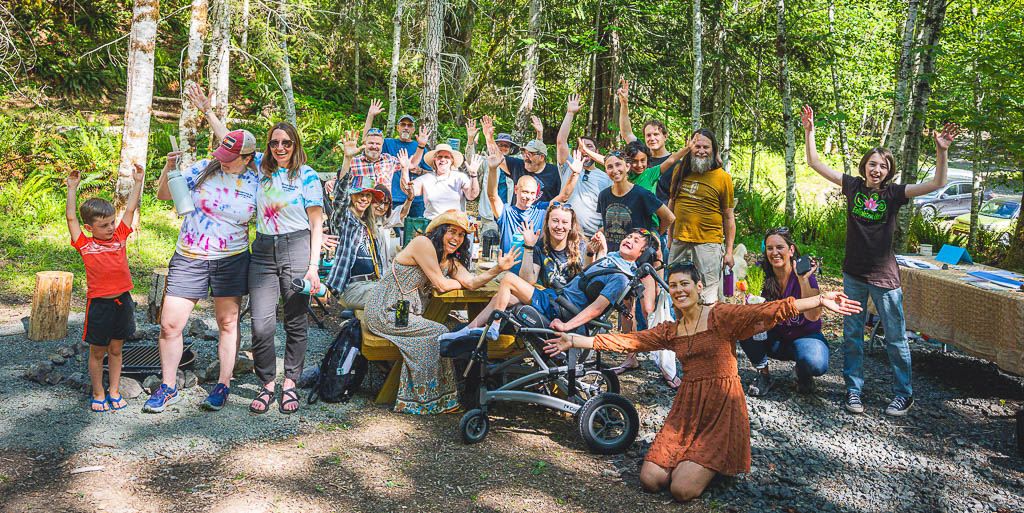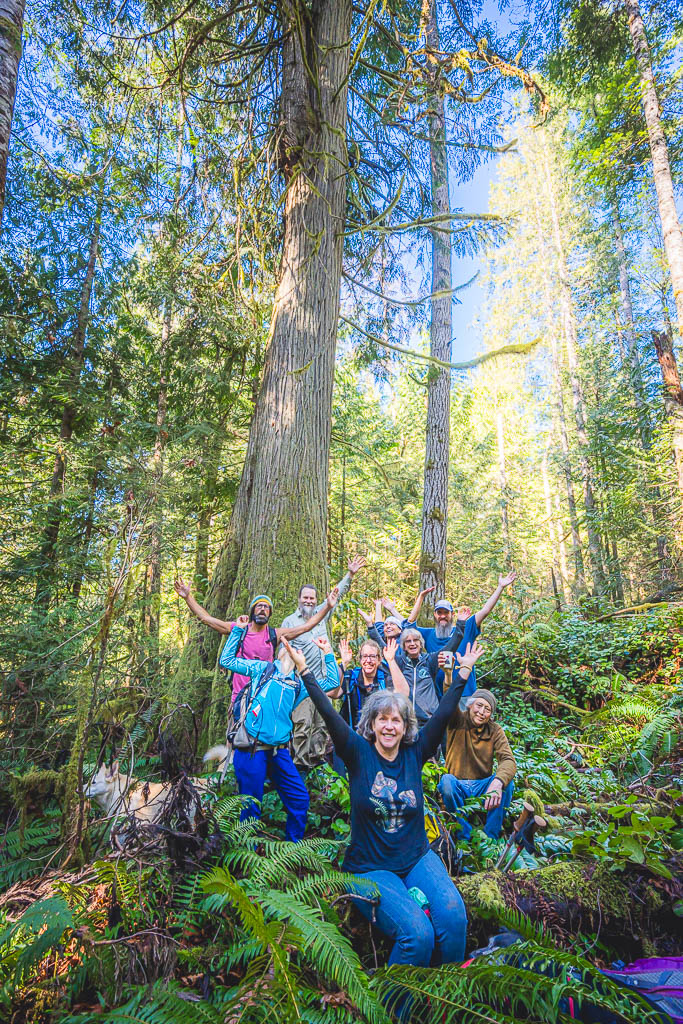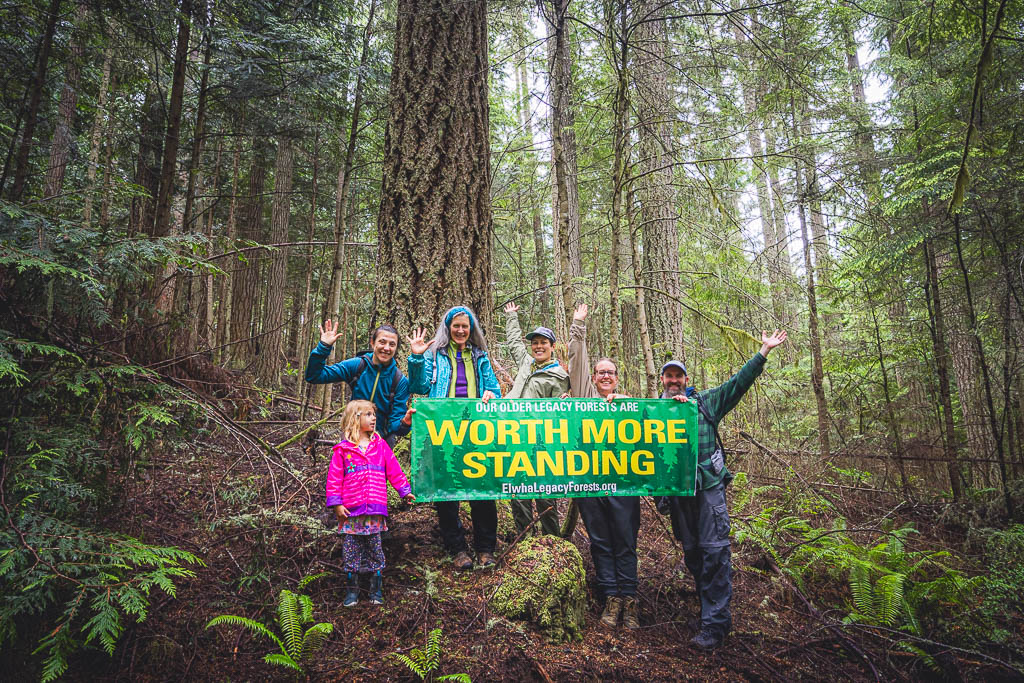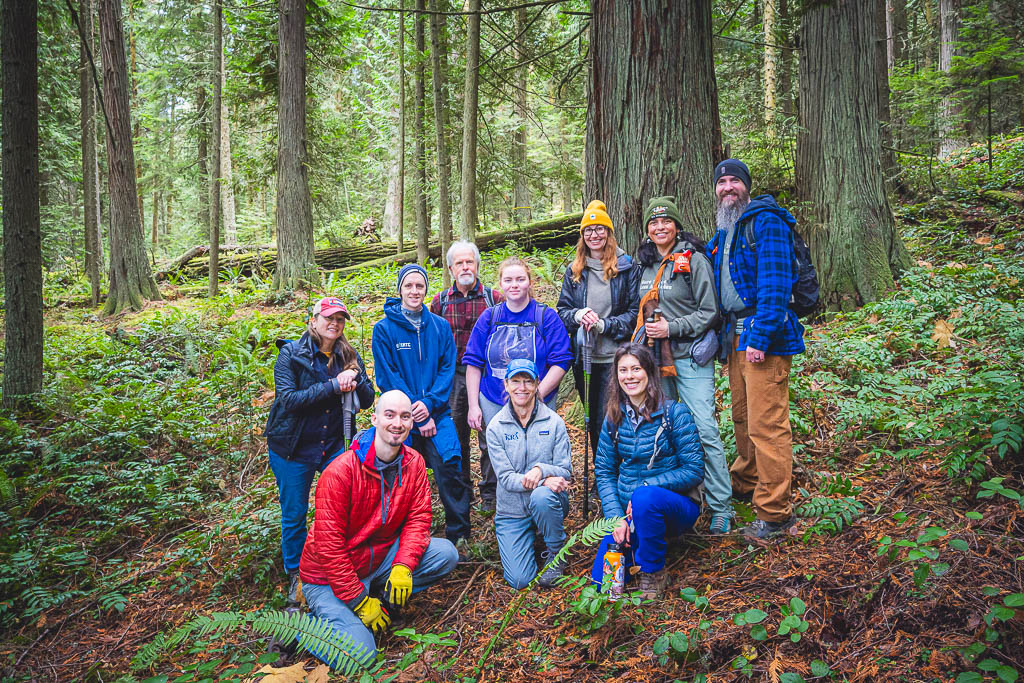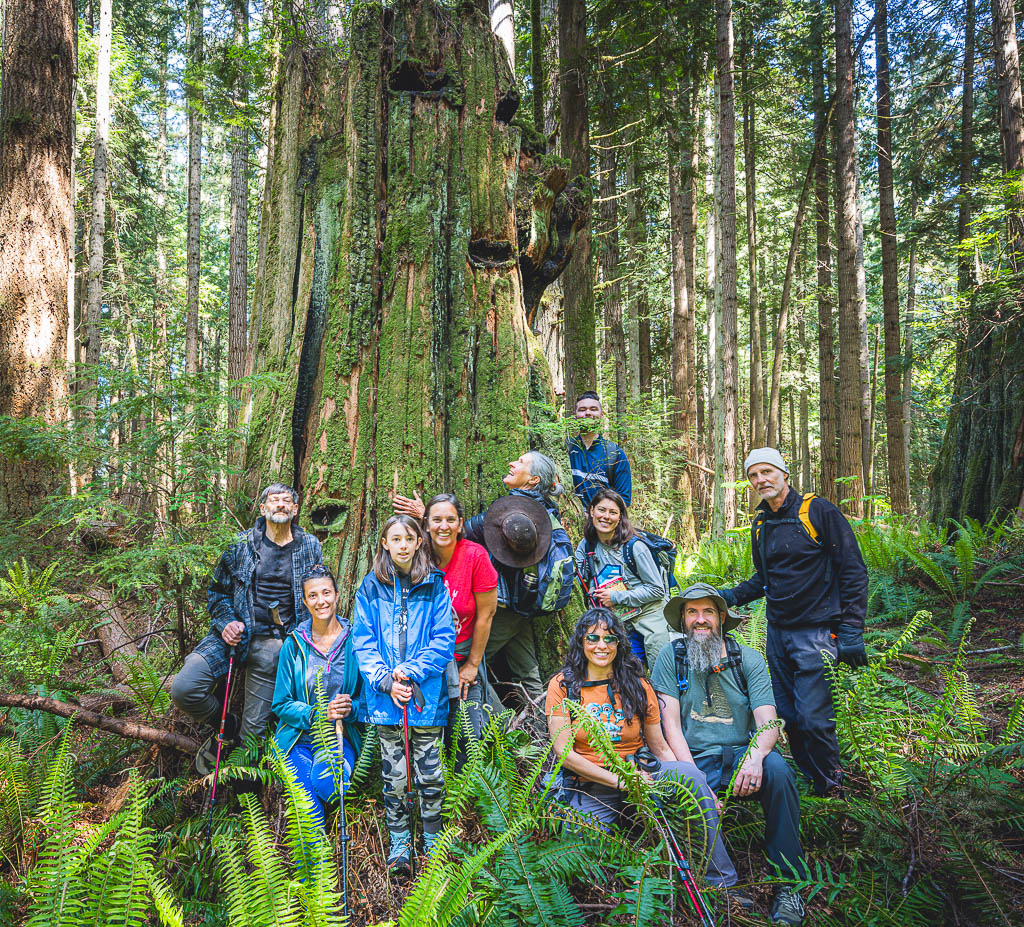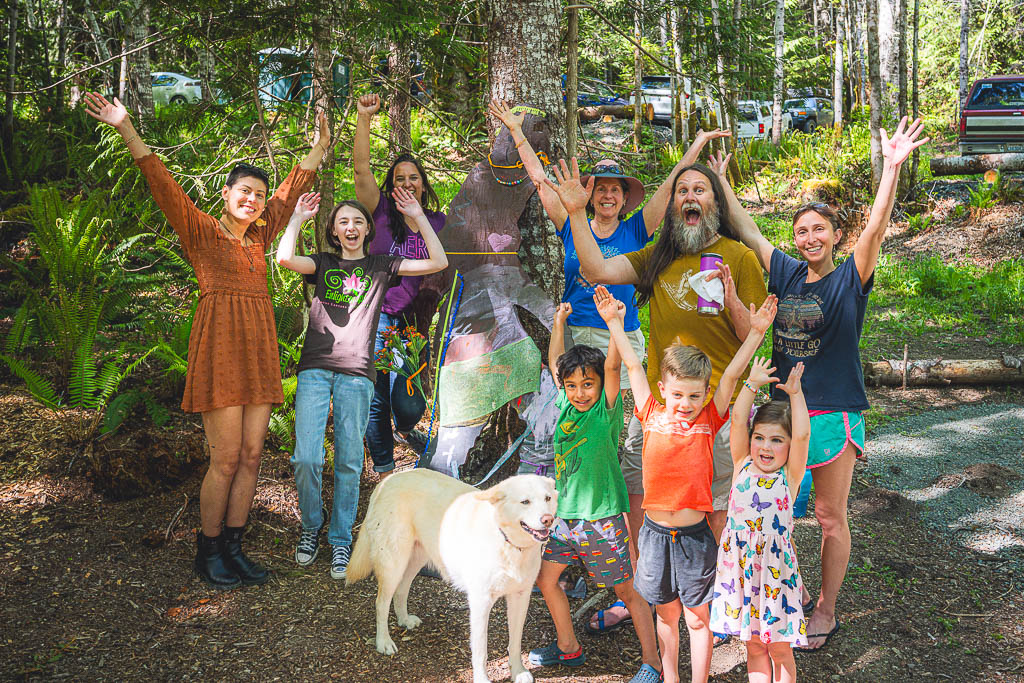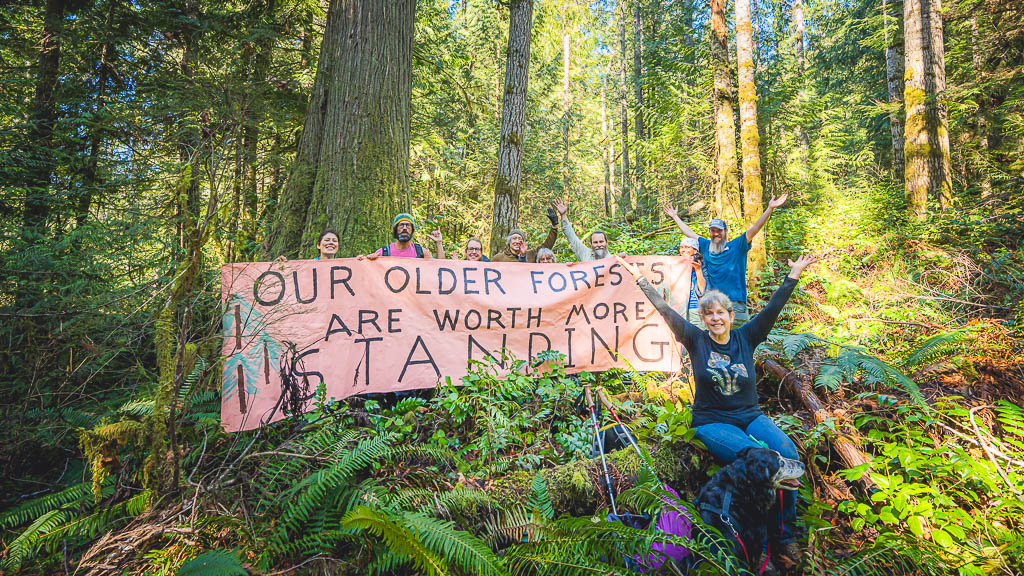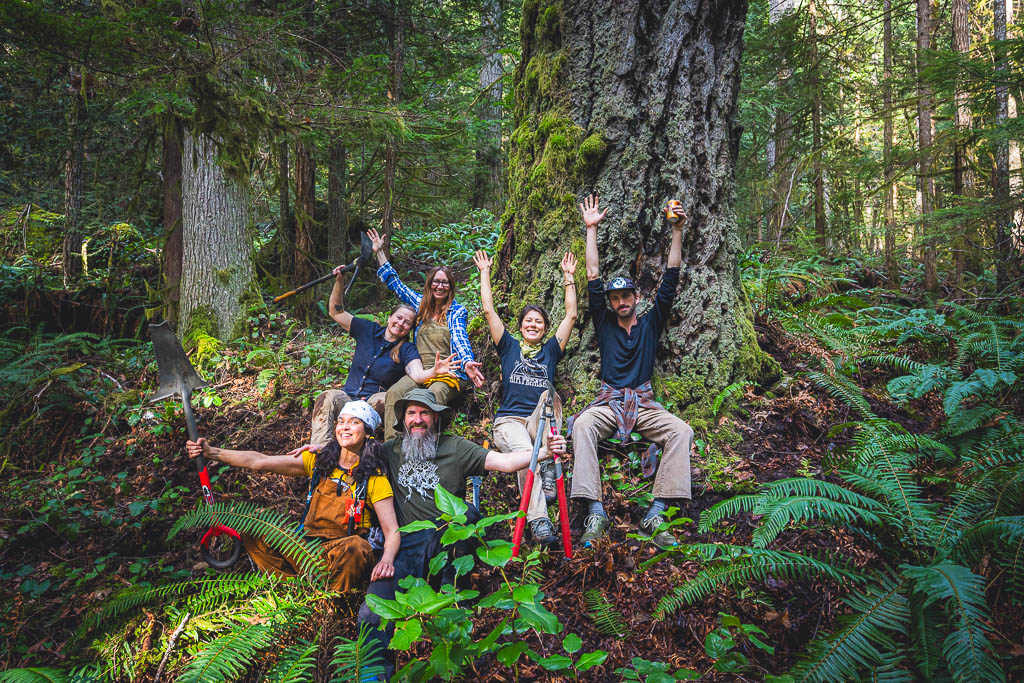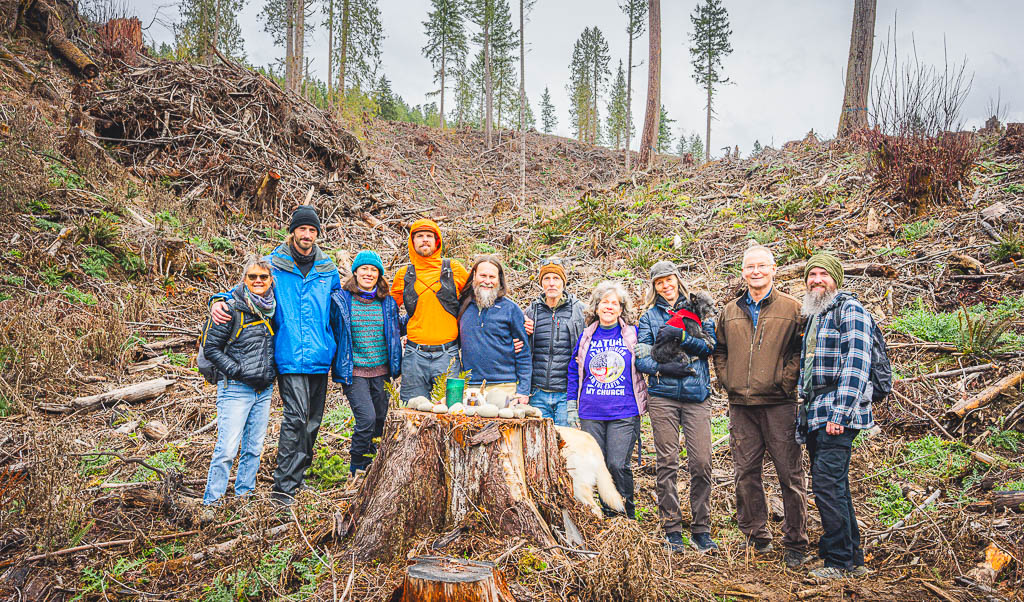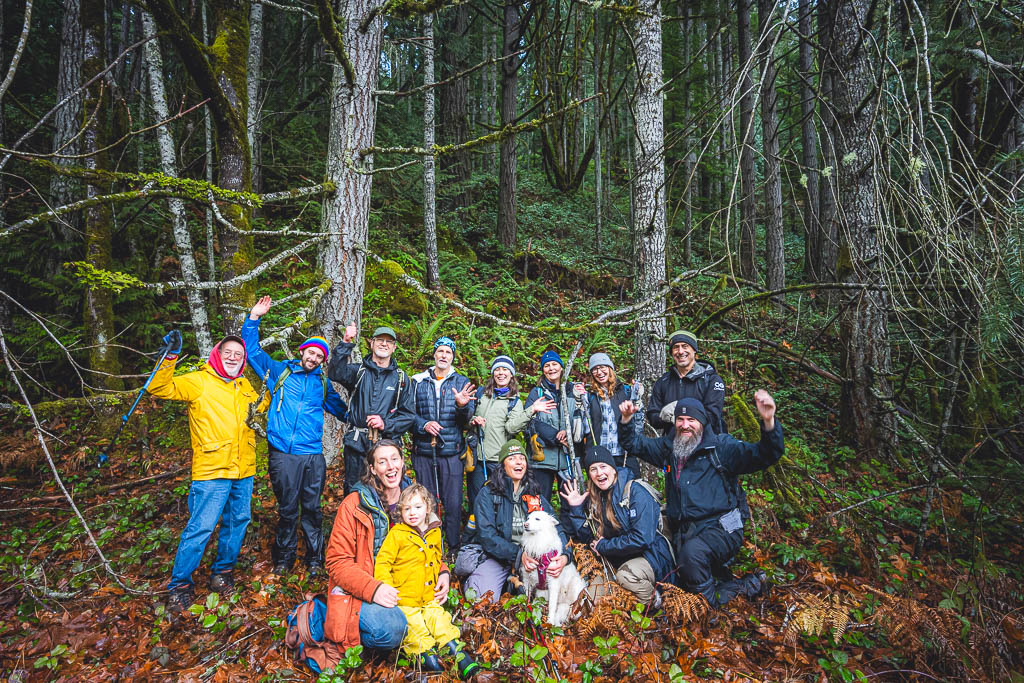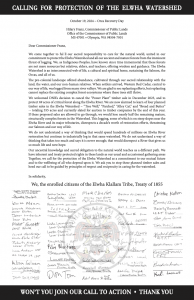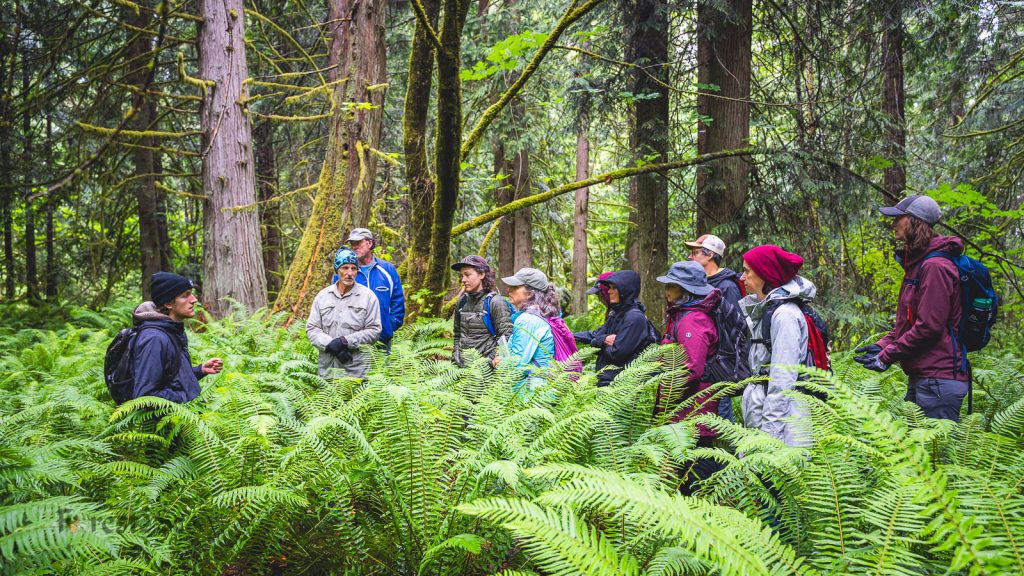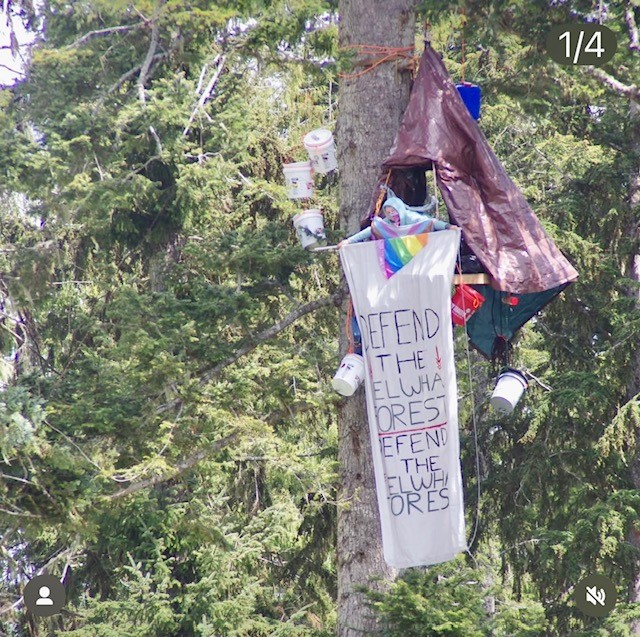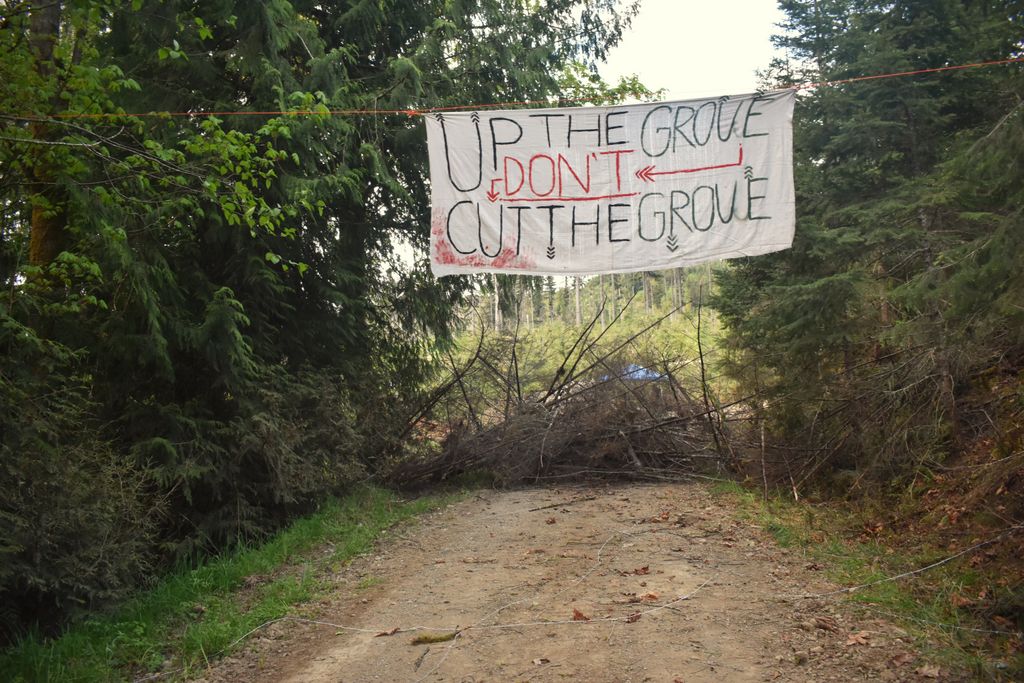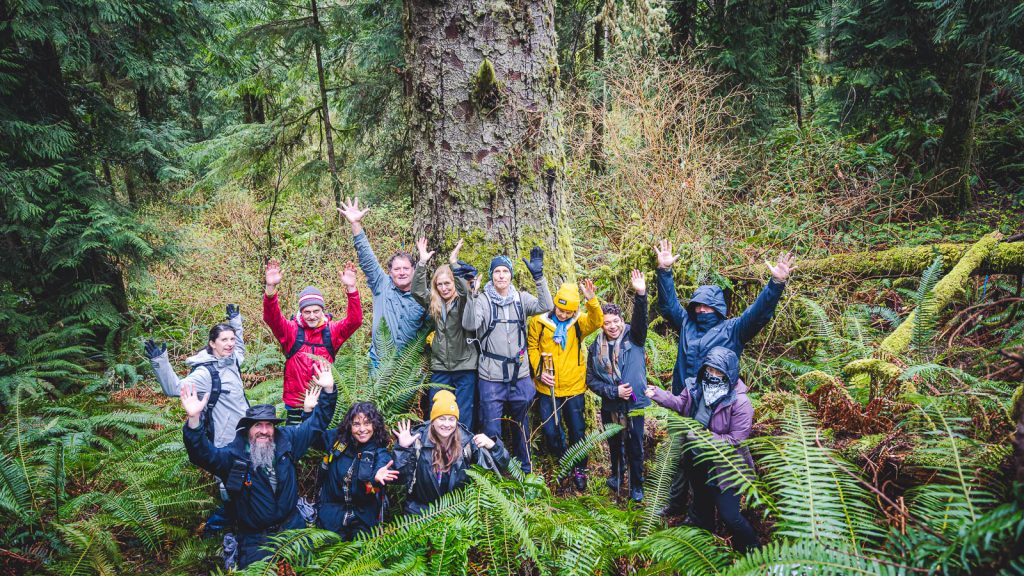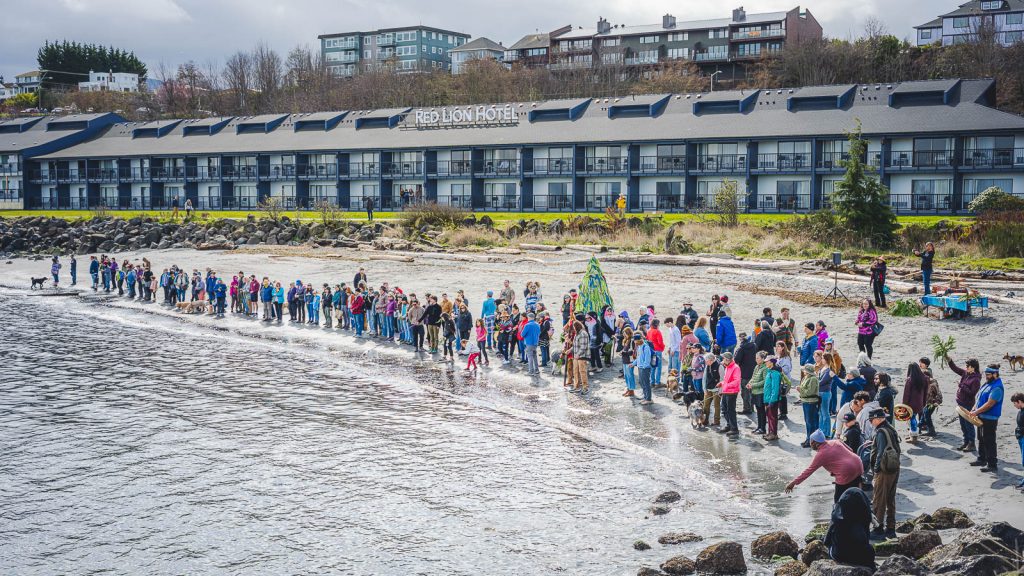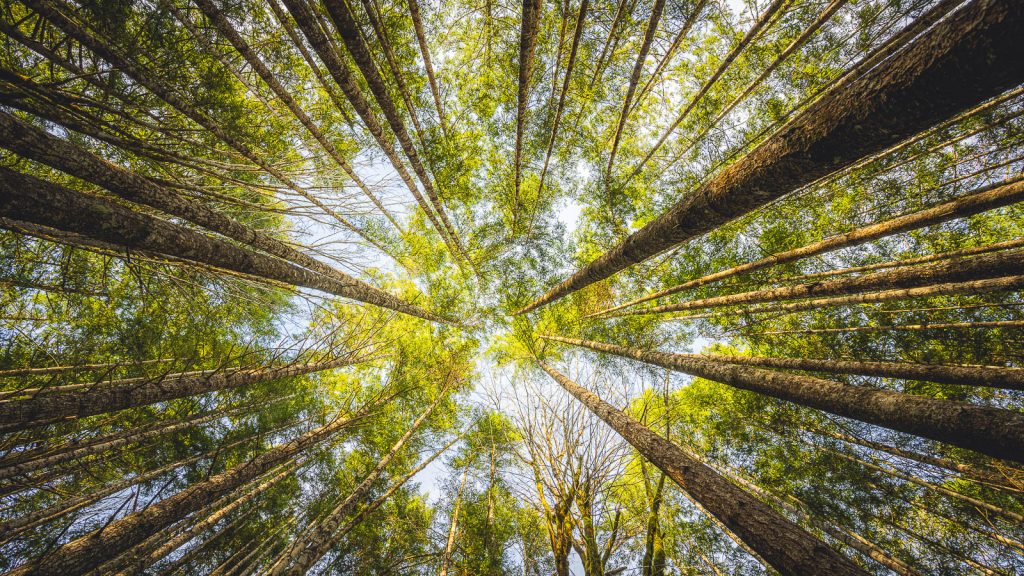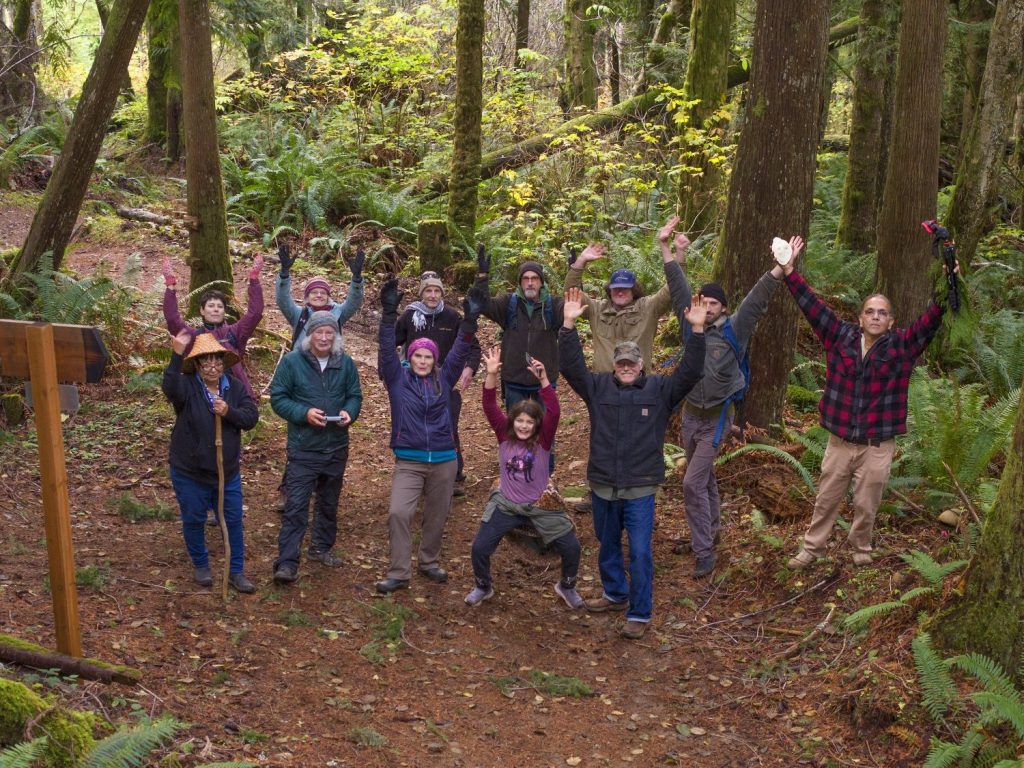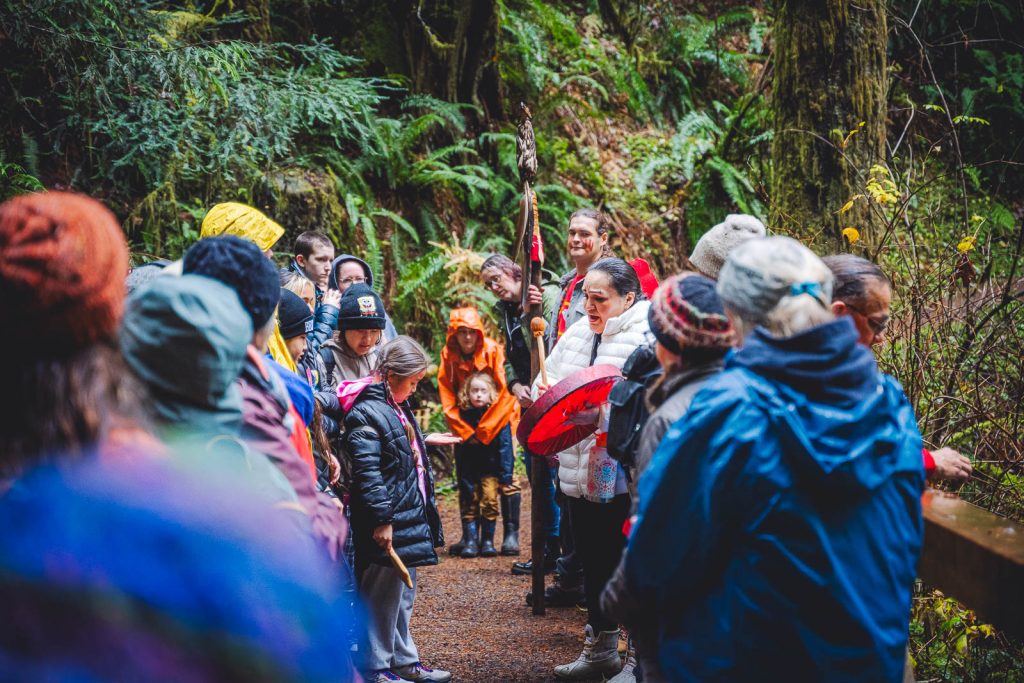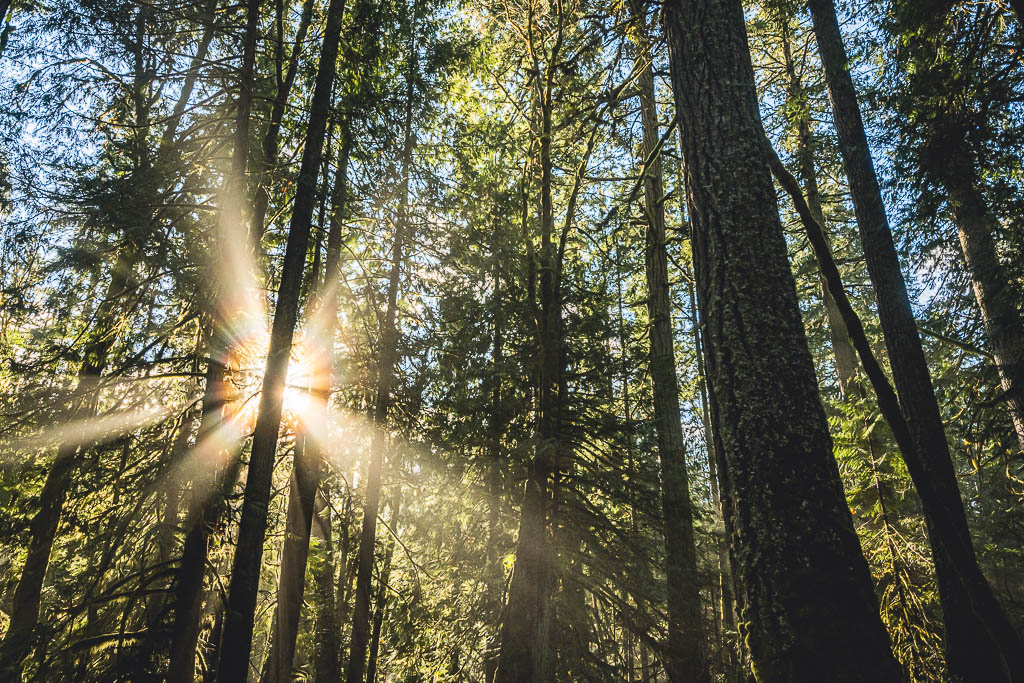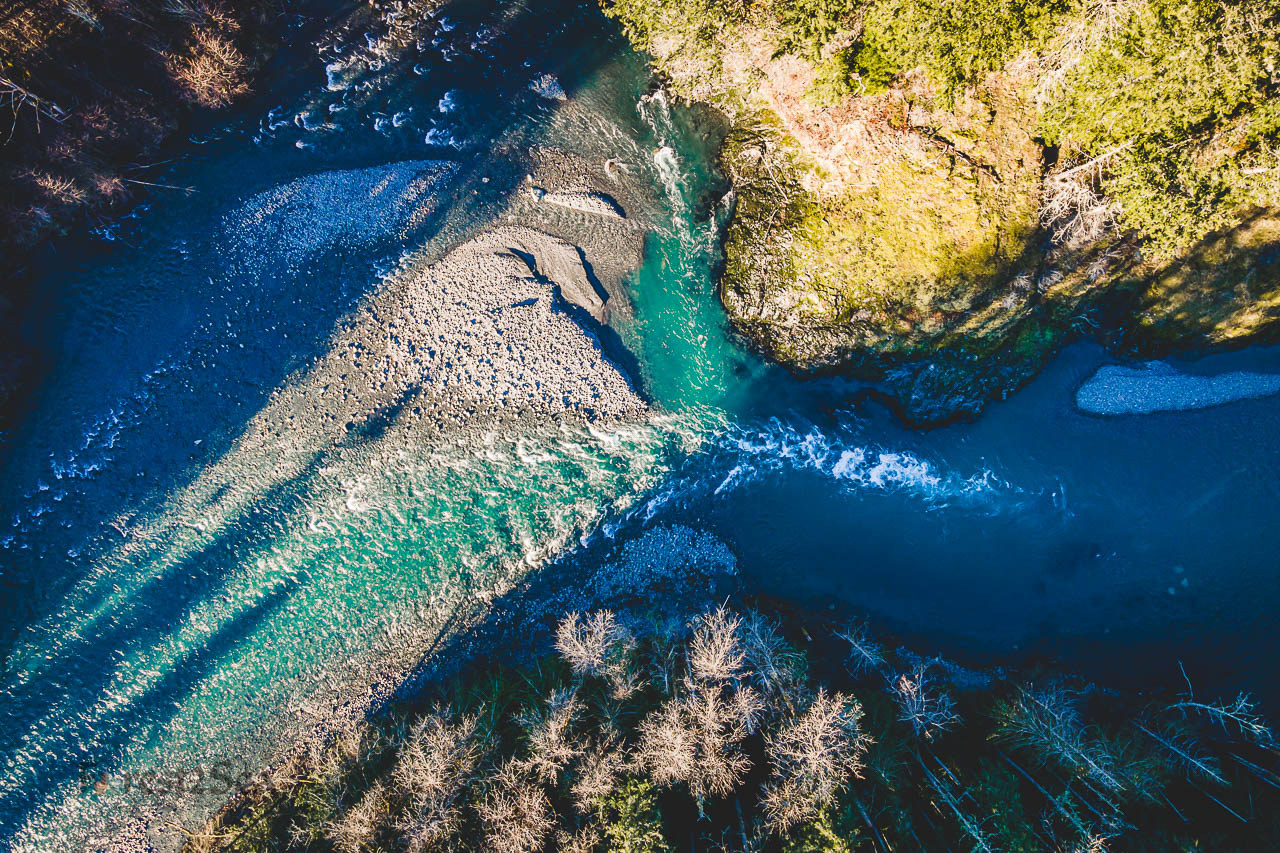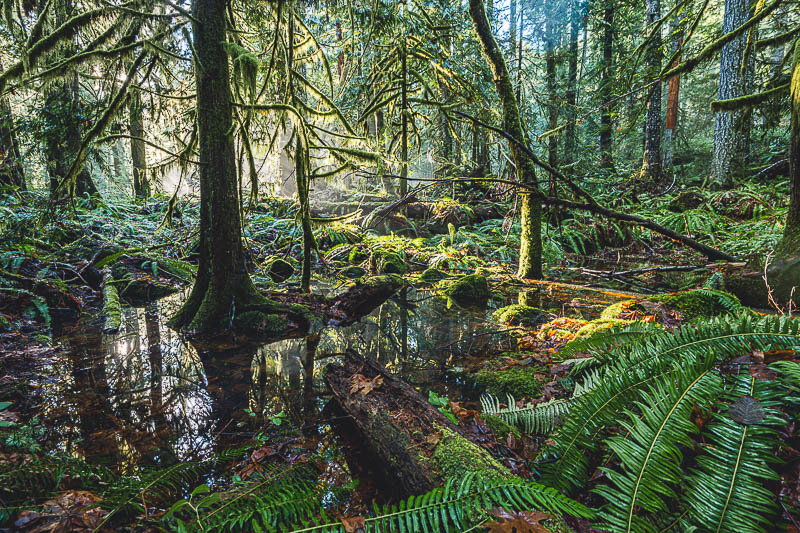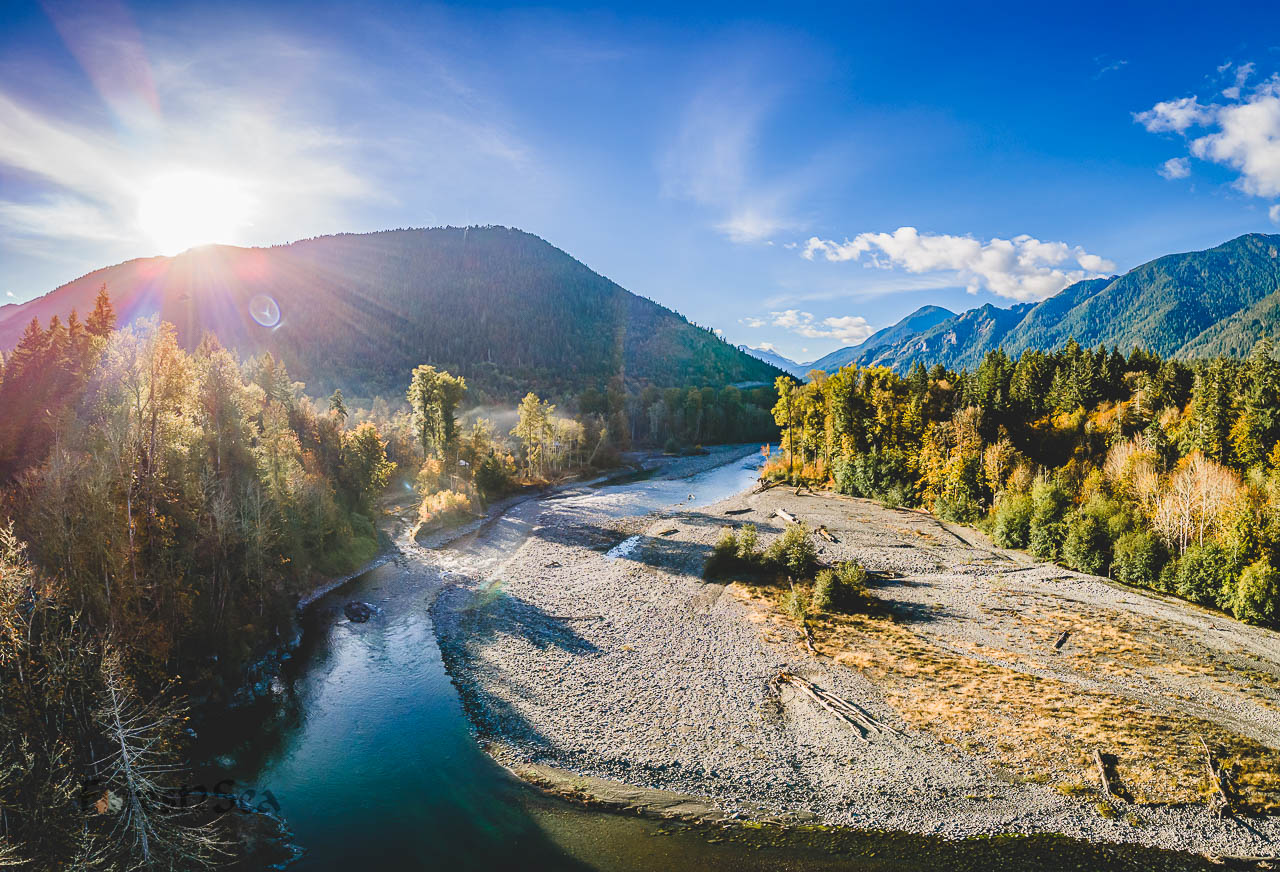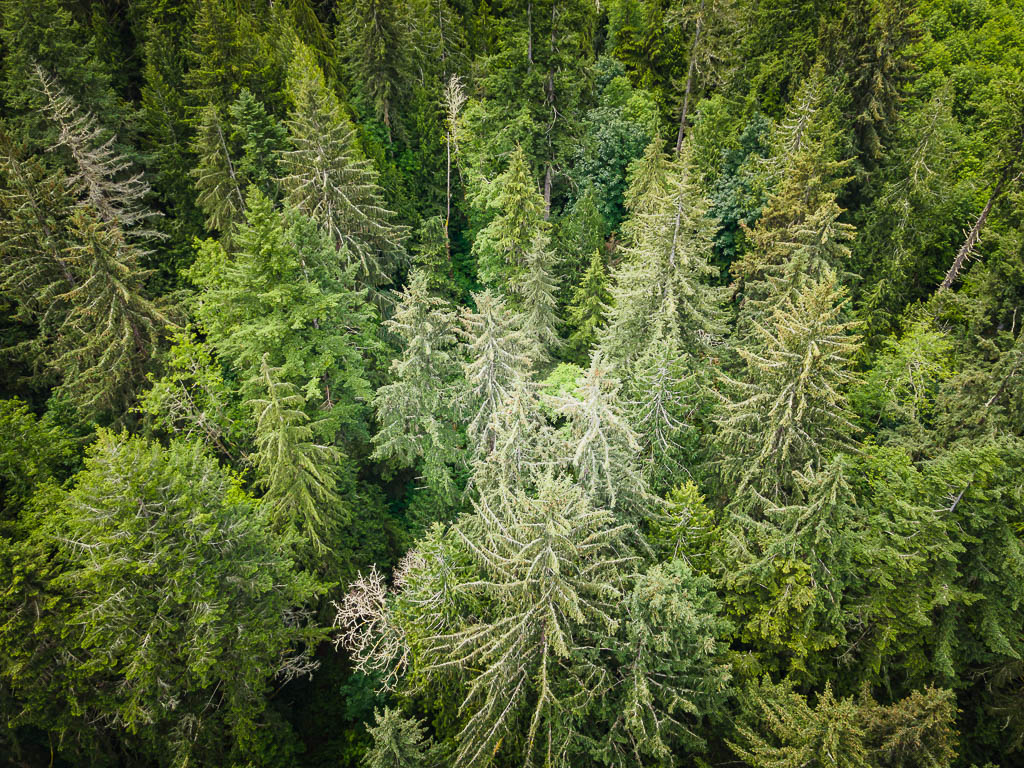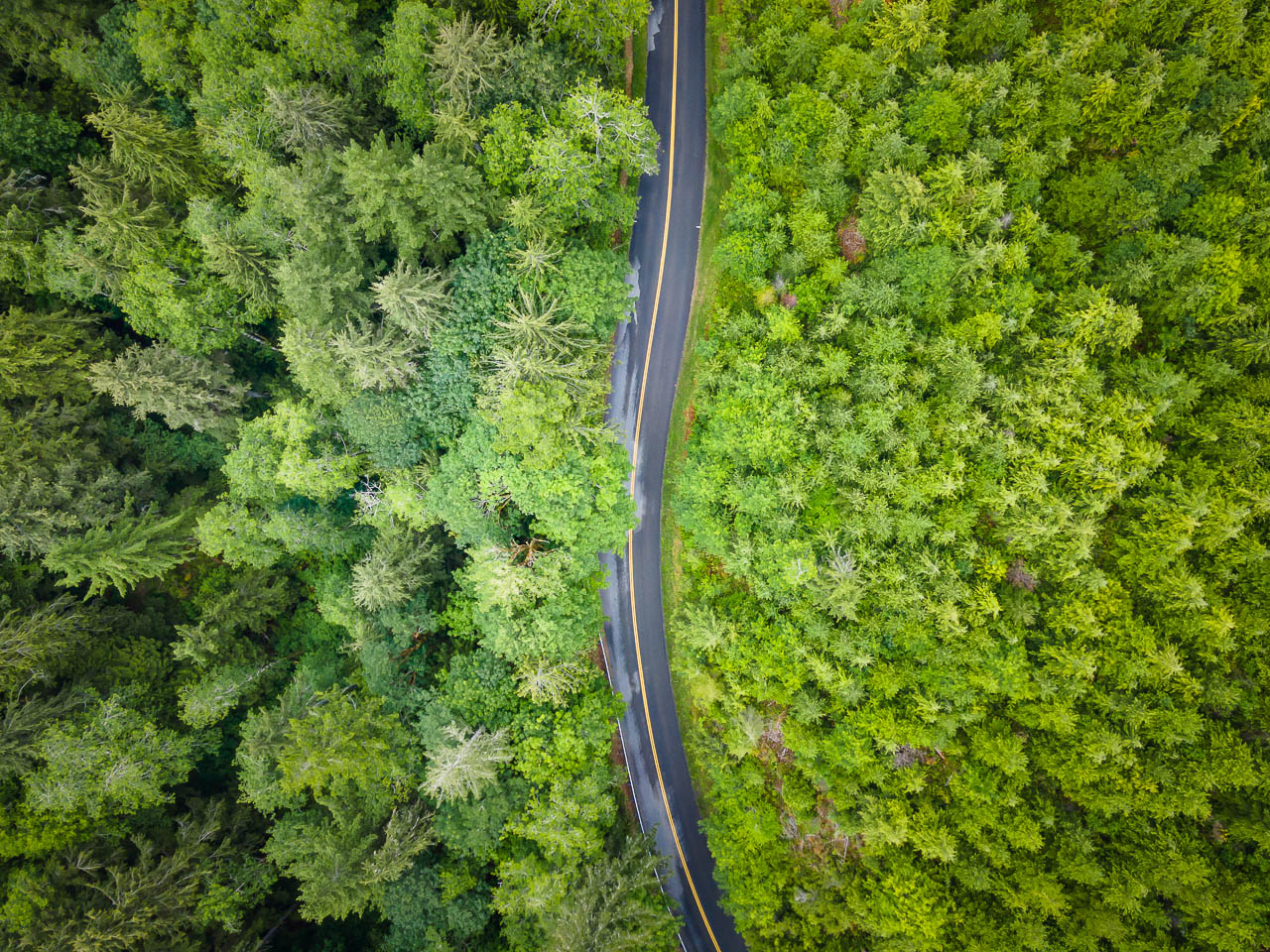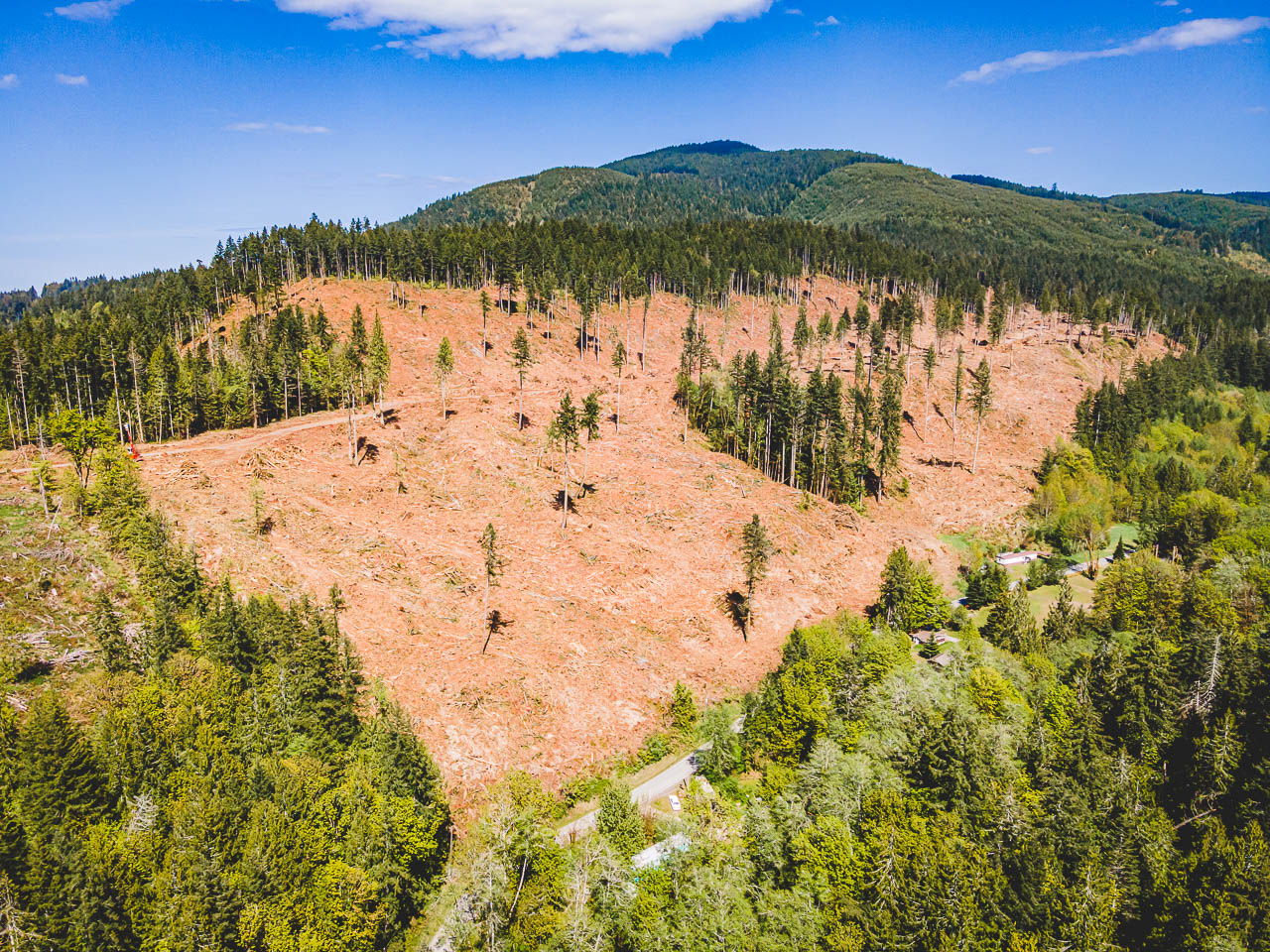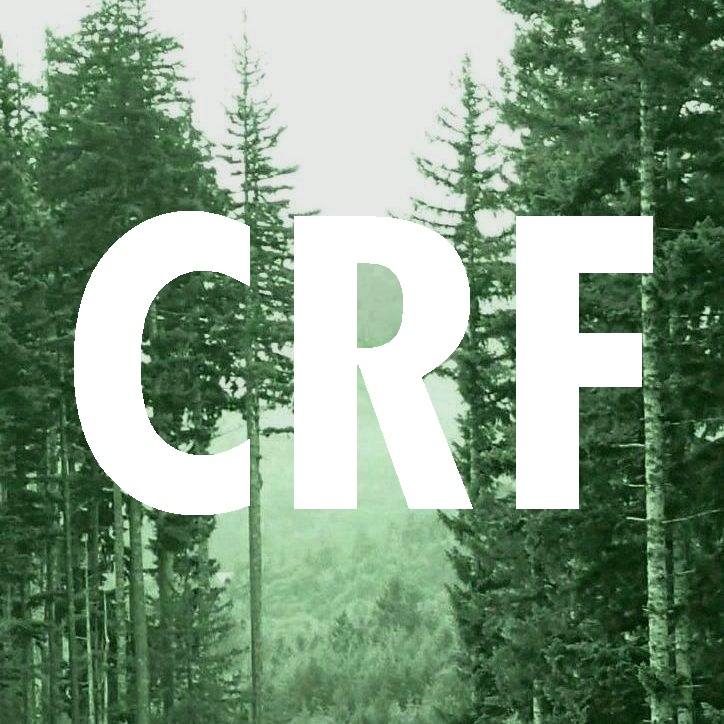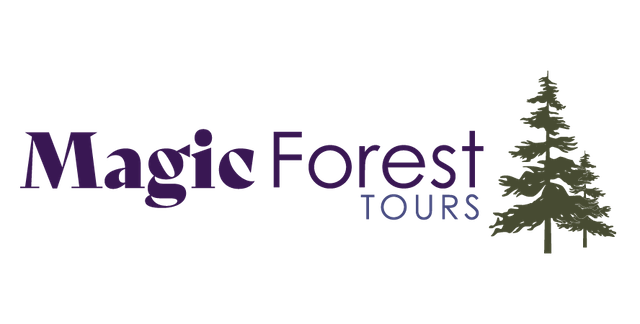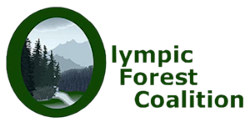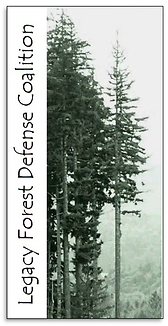Legacy Forests: Forests that are naturally re-grown 2nd growth and not monoculture plantation forests. They contains old growth trees, complex forest canopies & understories, and legacy forest characteristics, including snags (dead standing trees) and large wood on the forest floor. They also have higher biodiversity, higher resilience to forest fires, and sequester more carbon than plantation forests. If left alone, they’re our future old growth forests!
There are ~112,000 acres of unprotected legacy forests on state land in Western Washington and less than 850 acres in the Elwha River Watershed.
We are fighting for permanent protection of these forests!
Logging could start at the Doc Holliday forest any day! Please call (360) 902-1000 (press #4) or email (cpl@dnr.wa.gov) Commissioner Upthegrove today using the above Action Alert and ask him to stop it!
Also, please sign a letter in solidarity with the S’Klallam people asking DNR to cancel the sale.
The S’Klallam people have written a letter detailing the ecological and cultural importance of this forest, including for medicinal plant gathering. Add your name in solidarity asking Commissioner Upthegrove to cancel this timber sale so that current and future generations can enjoy the beauty of this forest!
Sign S’Klallam Letter to Commissioner Upthegrove on Doc Holliday
Mossy Updates
* Third Tuesday of every month at 6pm – Elwha Legacy Forests Meeting – Join our mailing list for details!
* January 15, 2025 – Dave Upthegrove takes office as the new Commissioner of Public Lands (head of the WA DNR). ‘Maturation 2’ or ‘Structurally Complex Forest’ (SCF) timber sales were paused for 8 months. August 26 – Now we’re trying to parse through what the Forest Forward Commissioner’s Order means for our legacy forests. An independent analysis conducted by the LFDC found that roughly half of the 77,000 acres identified by DNR for conservation on a deeply flawed map simply do not exist.
* Parched & Tree Well – The lawsuits by Earth Law Center and Legacy Forest Defense Coalition are ongoing. We anticipate more court hearings in early fall. Meantime, please continue to let DNR and Commissioner Upthegrove know that the Elwha Watershed is in a fragile state and all further destruction must stop.
* January, 2026 – New campaign for the Salt Creek / Striped Peak legacy forests – Please join our sign-on letter against logging ‘Tiger Stripes Sorts’ and ‘Birds Eye View’ timber sales along the Striped Peak Loop / Strait Slope Trail near the popular Salt Creek Recreation Area!
* January, 2026 – Tell your WA State Legislators to support (HB 2170 / SB 5999), which would allow the DNR to generate revenue from these mature forests for trust beneficiaries in other ways, without clear-cutting and converting them into tree farms.
TAKE ACTION
Support the Lower Elwha Klallam Tribe’s Petition!
Enrolled citizens of Lower Elwha Klallam Tribe have launched a Petition calling for protection of the Elwha Watershed “as an interconnected web of life, cultural and spiritual home, sustaining the Salmon, the Orcas, and all of us.” See Earth Law Center’s website for more info on how you can add your name in solidarity!
DONATE
The Elwha Forest Fund was created to protect forests within the Elwha River Watershed and Earth Law Center manages it. Click here to donate: https://givebutter.com/elwhaforestfund Thank you!
If you have time, send a quick note to edunne@earthlaw.org so we can track your donation!
Documentary!
Watch the Earth Law Center’s award winning 20 minute documentary Last Stand: Saving the Elwha River’s Legacy Forests featuring the work of the Elwha Legacy Forests coalition to stop the “Power Plant” timber sale and protect the Elwha River Watershed.

Find out more and support the Last Stand documentary on social media!
Amazing Legacy Forests on the Olympic Peninsula
These WA State DNR forests are scheduled to be auctioned off to be logged or have been saved by the community's hard work!
The page for each forest has more photos, videos and action you can take to help save it!
Zoom in on the interactive Google Map to see where the DNR plans to log legacy forests in the Elwha River Watershed. Each color represents a different legacy forest timber sale and the large blue outline is the Elwha River Watershed.
Blog
Elwha River Watershed
With the removal of the 2 dams on the Elwha River, there’s over a $320 million dollar effort to restore the Elwha watershed. This includes work to restore salmon access to the Little River, Indian Creek, Lake Sutherland and other tributaries.
Legacy forests play a crucial role in protecting water quality. Trees in these forests act as natural filters, removing pollutants and contaminants from the water before it reaches streams, rivers, and lakes. They also help to prevent soil erosion and sedimentation, which can clog water sources and decrease their quality. Additionally, the root systems of trees in legacy forests help to regulate water flow and reduce the risk of flooding. Cutting down this forest would impact the quality of water sources in the area.
Because the Elwha River watershed is a primary source of water for the city of Port Angeles, the Port Angeles City Council requested that the Aldwell auction be put on hold, but the DNR ignored the request and the forest was logged.
The Port Angeles City Council also requested that the TCB23 and Power Plant auctions be paused.
Notable Quotes
Given in Support of the Campaign to Protect Elwha Legacy Forests
What is a Legacy Forest?
They are naturally regenerated 2nd growth forests and aren’t monoculture plantation forests, generally harvested prior to 1945. They contain large diameter trees, complex forest canopies & understories, biodiversity and old forest characteristics, including standing snags and large wood on the forest floor.
We should not be logging these critical resources. According to analysis by Legacy Forest Defense Coalition, just 13.2% of DNR managed lands in Western Washington are home to legacy or old growth forests and of that, roughly half are available for timber harvests. In the next 5 years (between 2024-2029), at least 17,000 acres of legacy forest are scheduled for logging!
Conserving mature and old-growth forests is one of the most affordable and effective tools for fighting climate change. No human-made technology can match big trees for removing and storing climate pollution. If they are logged, most of that pollution is quickly released into the atmosphere and it takes many decades or centuries for younger trees to recapture it.
We have lost most of our mature and old-growth forests across the country due to past logging. This is a serious problem because healthy mature and old-growth forests provide drinking water to communities, protect fish and wildlife, and absorb and store vast amounts of climate pollution. To protect what we have left and recover what has been lost, it is critical that we protect both mature and old-growth forests from being cut down in the future.
About
We’re a local and volunteer grassroots coalition of people and non-profit organizations, inspired by protecting the Elwha Watershed and legacy forests on the Olympic Peninsula of Washington State.
Territories of the chalá·at (Hoh), kʷoʔlí·yot’ (Quileute), qʷidiččaʔa·tx̌ (Makah), nəxʷsƛ̕áy̕əm̕ (Klallam), & t͡ʃə́mqəm (Chemakum) peoples
Contact Us at protectors@elwhalegacyforests.org!
